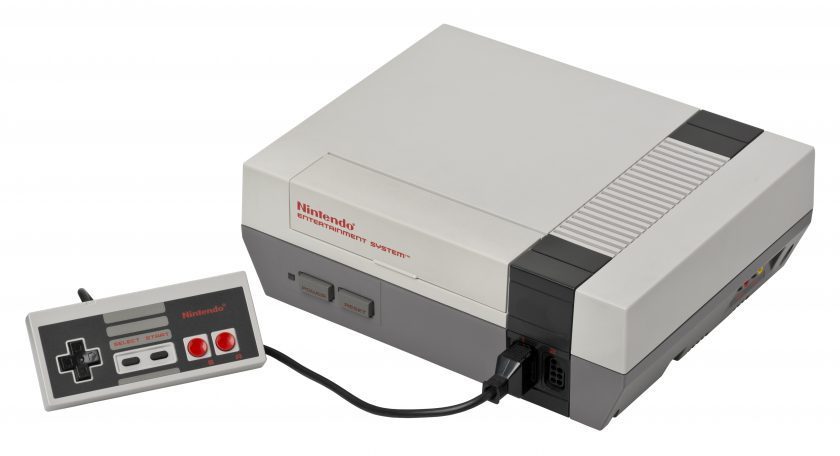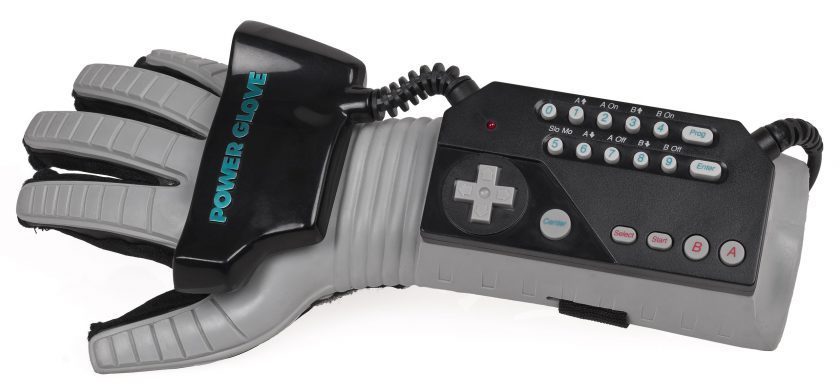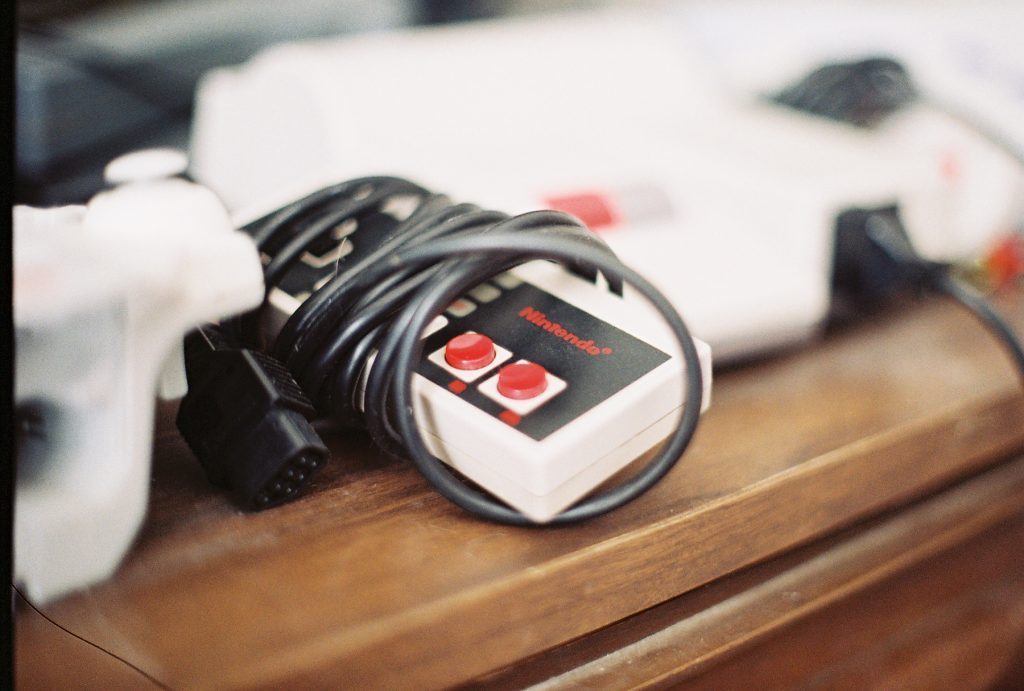October 18, 2015, was billed as the Nintendo Entertainment System’s (NES for short) 25th birthday. This is technically true, because although Nintendo’s 8-bit gaming console, that would go on to usher in a new era of gaming, was launched in Japan two years earlier, in July 1983, it wasn’t called NES. In Japan, the NES was the Famicom, short for Family Computer.
In Europe, more precisely, in Sweden, it was the NES, just like in the Northern America. It would be another year until we’d see an European launch though. September 1st, 1986, is the official European launch date, but obviously it all depended on where you were in Europe at the time. Lots of countries, lots of distributors and partners, lots of different markets.

The NES wasn’t the first gaming machine I had. I played games on Commodore 64, and a bunch of weird consoles and handhelds before that. The NES was, however, the first gaming console I bought with my own money. I bought it, along with some games, from a friend. I loved the NES, ever since the first time I picked up that brick controller. Years and years later it turned out that the bank had messed up my withdrawal, so the savings account I cleared out to pay for the NES was still active, with the money left.
“Oh, sorry,” they said, as I went in to cancel my account again.
Then they gave me the money. It was apparently more of hassle to sort that mess out, than to just give me the money and close the account. I guess that means that I didn’t pay for the NES with my own money, after all… Oh well.
I had a lot of games, and the ever-morphing list of my favorites is based on actually having played the vast majority of the games released in Europe. There were obvious picks on that list – still is – and some less obvious perhaps. I spent hours playing Mario Bros, the co-op platformer that shipped with a lot of systems in the early days. Ice Climber was another favorite of mine, as was RoboWarrior. All good games back then, but that won’t stand up the test of time. Playing Ice Climber today is almost painful. Wrecking Crew, yet another game I remember fondly, is downright horrible.
Super Mario Bros, the game that ignited the video game craze (again), holds up better. I still like it, and I love the fact that the purity of it comes back in modern titles like New Super Mario Bros, Super Mario Maker, and a ton of clones. To be honest, I did prefer the sequel, which was in fact a re-branded version of Doki Doki Panic. Getting to play the original, Japanese, Super Mario Bros 2 would have to wait until Super Mario All-Stars was released for the Super NES, where a 16-bit version of the game was included. It’s just as well that they did the re-branding thing, because the Japanese Super Mario Bros 2 are just more levels in the original Super Mario Bros style, and sometimes really difficult.
Super Mario Bros 3, well, I found it overrated. Don’t get me wrong, it’s a great game, just overrated. (Please don’t hate me, internet!)
The NES was a lovely little piece of machinery. Did you know that you had to blow on the game cartridges to get them to work? It was necessary, I promise! There were so many small hacks, from using a tea spoon to button-mash your way to the world record in Track and Field, to put on an uncomfortable glove with a crappy controller attached to it, the Power Glove. Hey, it looked cool.

When thinking about things that you loved during your childhood, you tend to forget the bad parts. You put on the rose-tinted glasses, and suddenly everything looks great. That doesn’t mean that it wasn’t, way back when, but it also doesn’t mean that it is, nor would be, today. All these games are proof of that. Few of them hold up today, but none are as good as I remember them. It makes sense, because I’ve seen and done and played more, so I have more things to compare them to. I even worked as a games journalist and publisher for a decade (which I still do, occasionally). Sitting down in front of the TV, blowing on and then inserting a cartridge into a gray box, and then control an avatar on the screen, that was magic back then.
I don’t have my old NES anymore. It’s just as well, it’d probably be beyond saving, no matter the amount of blowing on it. Dust would’ve claimed it a decade ago. I can’t say I miss it, especially not knowing that some of the games are a purchase away for my Nintendo 3DS or Wii U. Or, if they don’t exist there, I’ll just download an emulator and the ROM, running the game on my Mac mini connected to the TV, with an original controller and everything. Sometimes I do these things, and I enjoy reliving the experiences I had as a kid, but it’s not the same, and will never be the same. You can only do something, discover something, once.
So when everyone’s talking about Back to the Future, and how we finally caught up with a vision from so many years ago, I’m thinking more about how we’ll look at the gadgets and gizmos of today, in 30 years time. Looking at my game consoles, computers – be they mobile or not – and car, I can’t help wondering if any of these will in fact hold up as well as the NES does. They’re not expected to, it’s not in their nature, with everything fun in them being more or less loaned to you. Your games, your music, your horsepower – it’s all part of an ecosystem that most likely won’t be working in 30 years.
The point is, I sometimes sit down and play a NES game. It’s not as good anymore, but it’s still fun, for a time.
I never sit down and play with my old Sony Ericsson camera phone. This despite that it’s not even a third of the age of the NES, and was state of the art – and a lot of fun – when it launched. A more adequate comparison would be with an old camera, but I don’t have any of those left, not even the Polaroid.
The best thing with iconic things hitting an anniversary is that you have a reason to think about them. So we don’t have hoverboards yet, bummer. On the other hand, we don’t have to dress like Griff Tannen, so I chalk that up as a win. We will, however, watch the Back to the Future movies en masse, as we will play classic NES games.
Back then, it all felt future-like in its entertainment value. So in a way, we’re going back to the future.
This piece was originally published in RE:THORD 2. If you liked it, you might want to subscribe to the newsletter.
